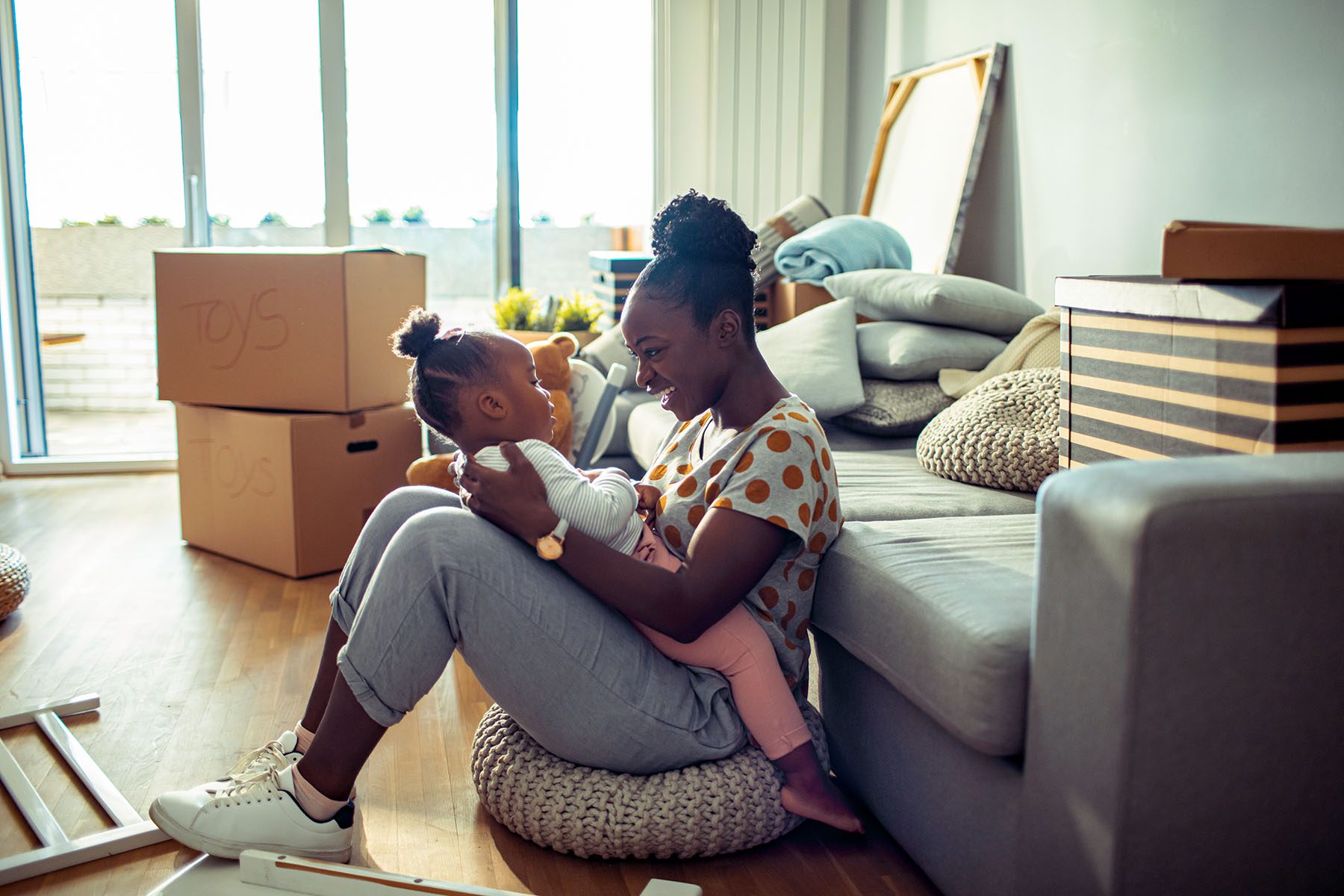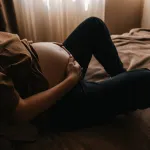Health disparities for people who give birth affect more than physical well-being: Pregnancy, childbirth and postpartum complications can further drive economic gaps for groups that already experience disproportionate financial hardship, researchers of a new paper found.
The authors analyzed research studies and recommendations from a range of health institutions and experts and found that providing pregnant people with access to doulas was one of the most common proposals to help lower health care costs during labor and childbirth, as well as prevent long-term health challenges that can further burden lower-income people. In addition to supporting individual finances, supporting pregnant and postpartum people generates more productivity in the larger economy, experts have determined.
“Mothers are such essential workers. We think of their economic participation and their well- being, and it’s critical that we have that sort of participation in order to reach those full employment goals as set forth in our Fed mandate,” Jessica Battisto, senior analyst at the Federal Reserve Bank of New York, told The 19th.
The white paper, which was provided to The 19th ahead of its release, is part of a partnership between the Federal Reserve Bank of New York’s Community Development team and the New York University Rory Meyers College of Nursing. The New York Fed’s community development team researches community needs related to health, household, financial stability and climate change.
Health complications affecting pregnant or postpartum people can be life-threatening and include cardiovascular problems, high blood pressure and depression. Such issues affect Black people and lower-income people at higher rates. The Centers for Disease Control and Prevention determined that between 2014 and 2017 non-Hispanic Black people experienced 41.7 pregnancy-related deaths per 100,000 live births. That’s compared with a ratio of 28.3 deaths per 100,000 live births for non-Hispanic Indigenous American and Alaskan Native people,13.8 deaths per 100,000 for Asian and Pacific Islander people, 13.4 deaths for non-Hispanic White people and 11.6 deaths for Hispanic or Latino people.
These disparities result from a combination of factors, including discrimination in health care access and treatment, as well as the daily stress associated with racism and other forms of marginalization that many people of color experience.
Such complications not only take a physical toll, but also increase financial burdens for the people giving birth. One 2020 study cited by the New York Fed’s paper found that severe health-impacting or life-threatening complications that occur during labor and childbirth increase delivery costs to three times those of a “normal, uncomplicated delivery.” That cost difference is, on average, $7,014 vs $20,756, according to the study. The 89 percent of U.S. women who have health insurance will need to pay for most of this care. The 11 percent of U.S. women who do not have insurance will be responsible for covering those costs, unless paid by hospitals or tax dollars.
A 2016 survey from the Kaiser Family Foundation and The New York Times examining the burden of medical debt found that respondents reported significant changes to their financial situation, employment or lifestyle, even among people with health insurance. Sixty-two percent of participants who had problems with medical bills said they had trouble paying off other bills as the result of medical debt. Fifty-nine percent said they used all or most of their savings to pay off medical debt. Thirty-four percent said they increased their credit card debt.
After childbirth, the systemic and community support systems parents have access to like home visits also play critical roles in their economic well-being. The Newborn Home Visiting Program from the New York City Department of Health and Mental Hygiene, for example, offers support for breastfeeding and connects families to helpful social services, the New York Fed authors wrote.
-
More from The 19th
- For Black parents, barriers to postpartum mental health care begin before the first call for help
- ‘This challenge is urgent’: Kamala Harris holds summit to address pregnancy-related deaths
- Paid leave, health care access and child care: How policy can protect parents’ mental health
“If you think about mom leaving the hospital. Where is she going? Is she going to an apartment that she can afford? Is it overcrowded? Is she afraid of being evicted?” said Valerie Barton-Richardson, who was quoted in the New York Fed paper and is the chief administrative officer for CAMBA, a Brooklyn-based nonprofit that connects people to community, housing and economic development resources. “We know that over 50 percent of New Yorkers are rent burdened. Is she food insecure? Does she have a responsible network around her to care for the child? Is she going to have high-quality infant and toddler care?”
The paper outlines solutions recommended by experts that can support the health and economic needs for pregnant and postpartum people. When it comes to policy, the paper cites the Black Maternal Health Omnibus Act of 2021, a 12-bill package spearheaded by Congresswoman Lauren Underwood. Last month, President Joe Biden signed the first piece of legislation from the package. The set of bills pushes for a holistic approach to addressing maternal health gaps that include increasing research and data collection, designating a task force to develop a strategy to address social determinants of maternal health, investing in a diverse workforce dedicated to maternal health, and extending the postpartum eligibility for the Special Supplemental Nutrition Program.
The paper also notes the potential benefits of subsidizing doula services. A study from Health Equity found that doulas who work with Black pregnant people and low-income pregnant people have helped “mitigate the negative effects of social determinants of health, specifically racism and classism.” Support from doulas has been shown to provide more culturally competent care that mitigates physical and mental health problems for pregnant people. Some states, including Oregon, New Jersey and Minnesota, provide Medicaid coverage for doula services, but the majority of doula programs aimed at underserved communities are funded by private foundations.
“I would say this is probably the number one solution, is to provide all women with access to doulas … a pre- and post-natal service that has been shown to produce positive economic and social outcomes and reduce kind of bias in care,” said Marisa Casellas-Barnes, director of strategic operations for the community development team at the New York Federal Reserve Bank.
Other expert recommendations include greater investments to address long-term housing needs and home visiting programs, providing publicly funded endowments for newborns from low-income families, and offering individual health care spending accounts that are matched by employers. As a next step, the New York’s Fed’s community development team said it will work with investors, researchers, and community-based organizations to identify financial opportunities to support maternal health.







